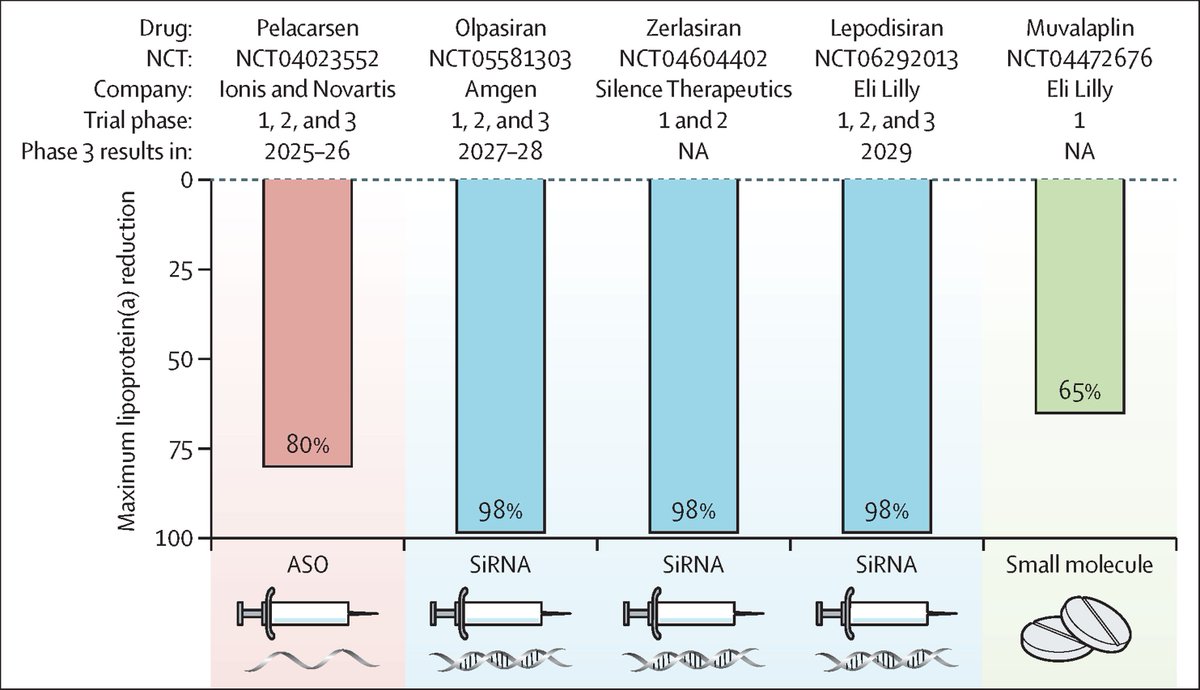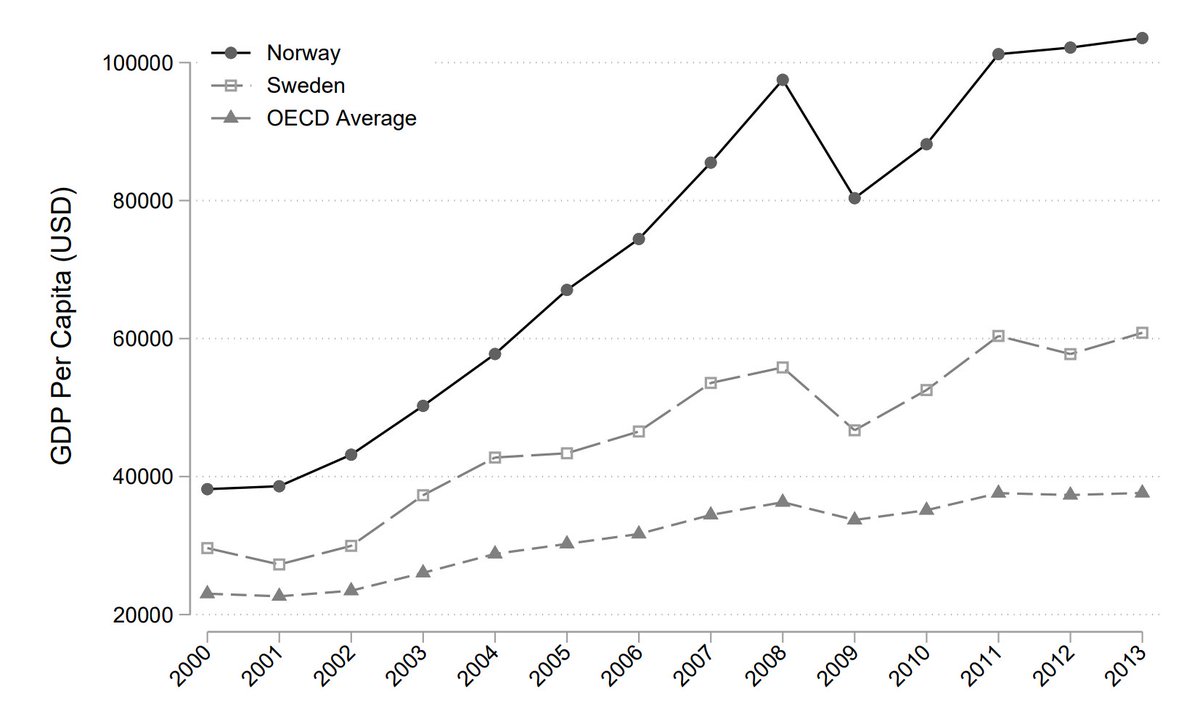It is insanely optimistic that we have drugs that can reduce Lp(a) levels by 98% in trials right now.
If they succeed, they could help to crush heart disease and stroke.
If they succeed, they could help to crush heart disease and stroke.

Unlike LDL in general, Lp(a) levels are basically entirely genetic in origin and not open to lifestyle intervention. It is also widely accepted that the race differences are down to genes.
These drugs are examples of genetic discovery leading to a group difference fix via tech.
These drugs are examples of genetic discovery leading to a group difference fix via tech.

• • •
Missing some Tweet in this thread? You can try to
force a refresh



















